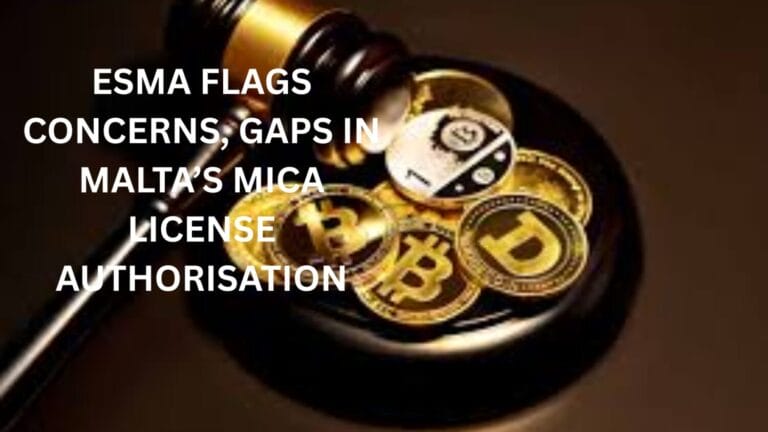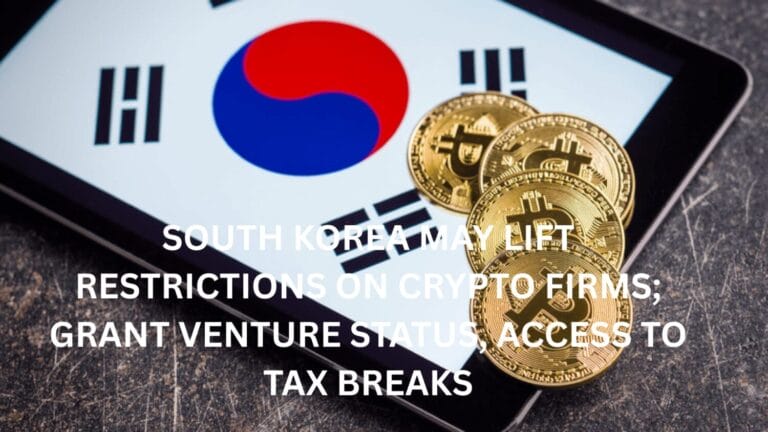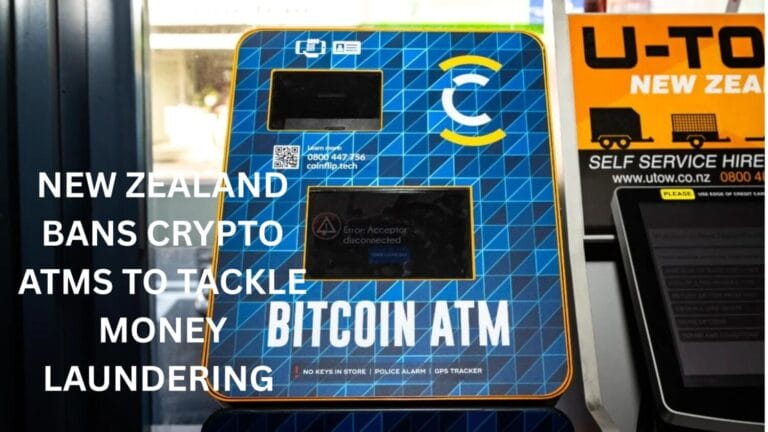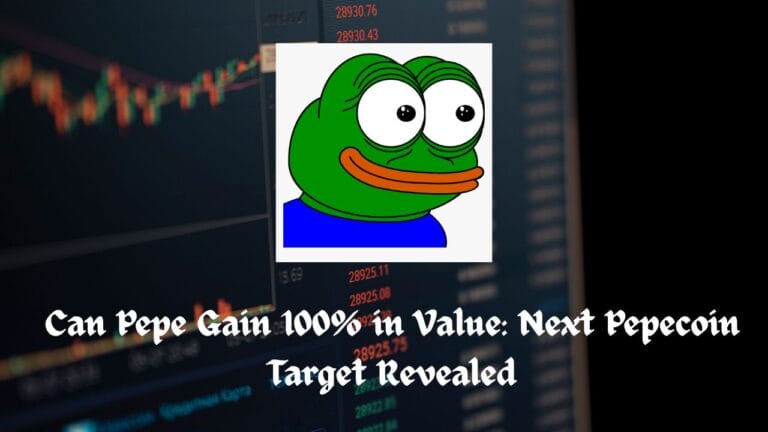Key Takeaways
- The filing lists Solana Labs, the Solana Foundation, Solana’s Anatoly Yakovenko, crypto VC giant Multicoin Capital, Multicoin’s Kyle Samani, and Trading Desk FalconX for allegedly violating SOL Security Laws.
- The filing described SOL as a highly centralized cryptocurrency that has benefited its insiders more than the retail traders.
- The complainant alleges that Solana Labs and Solana Foundation have continuously promoted the sale of SOL securities in public statements and solicited Plaintiff and other retail investors to purchase those securities.
Leading Crypto Firm Solana Labs is facing scathing criticism from all sides now. Thanks to the class action suit filed in California last week accusing major players in the Solana ecosystem of illegally profiting from SOL. SOL, the blockchain’s native token, in the suit is described as a highly centralized cryptocurrency that has benefited its insiders more than the retail traders.
The suit alleges that the cornerstone of the value of SOL securities is the sum of Solana Labs, Solana Foundation, and Yakovenko’s (Solana co-founder) management and implementation of the Solana blockchain. The filing lists Solana Labs, the Solana Foundation, Solana’s Anatoly Yakovenko, Crypto VC giant Multicoin Capital, Multicoin’s Kyle Samani, and trading desk FalconX for allegedly violating SOL Security Laws. California resident Mark Young, who said he bought SOL in August and September 2021, is behind the class action suit.
Young in his complaint alleges that the way SOL was created and sold, meets the three tenets of the Howey Test. Howey Test is a test designed by Supreme Court to determine whether a transaction qualifies as an investment contract and, therefore would be considered a security token and subject to US Securities Rules.
The suit points that purchasers who bought SOL securities have invested money or given valuable services to a common enterprise, Solana. It further adds that the purchasers have a reasonable expectation of profit based upon the efforts of the promoters-Solana Labs and the Solana Foundation, to build a blockchain network that will rival competitors and become the accepted framework for transactions on the blockchain.
In March 2020, Solana Labs and the Solana Foundation sold SOL securities in a public auction. Young alleges that Solana Labs and the Solana Foundation continued to offer and sell SOL securities to retail investors after the auction. The filing points out that Solana Labs, Solana Foundation, and Yakovenko sold millions of SOL securities to the public between May 6, 2021, and March 25, 2022. 80. Young notes that during this time, Solana Labs, Solana Foundation, and Yakovenko made hundreds of millions of dollars from the sale of SOL securities.
The filing states that ever Since Solana started offering SOL securities to the public in March 2020, Solana Labs and Solana Foundation have continuously promoted the sale of such securities in public statements and solicited Plaintiff and other retail investors to purchase those securities. The complainant points out that in making such solicitations and offers, Solana Labs and Solana Foundation were motivated at least in part by their desire to serve their financial interests.
Referencing Solana’s increasing network outages, the suit alleges that outages continue to result in major losses for network users and have caused the trading value of SOL to fall dramatically. The suit further alleges that Multicoin, a leading crypto venture capital company that has invested across the Solana ecosystem, offloaded millions of dollars of SOL onto retail after relentlessly promoting the token despite Solana blockchain’s tech issues.
The SOL token, which courted controversy with the recent allegations is currently in recovery mode. The token’s price has been slowly increasing in recent days and the current price stands at $37.19.









